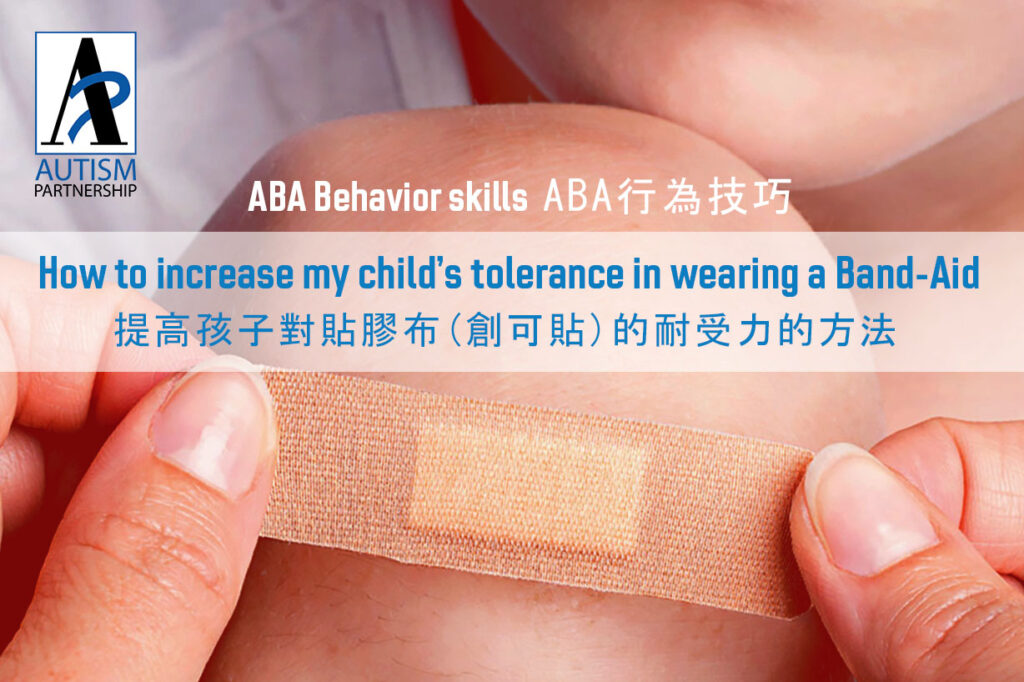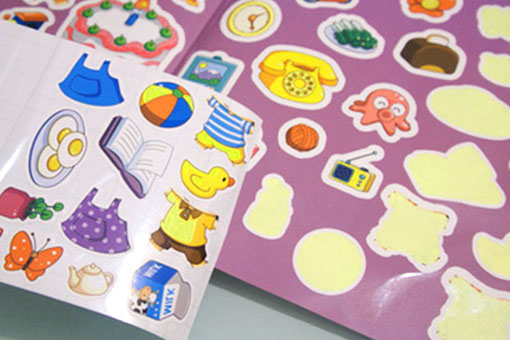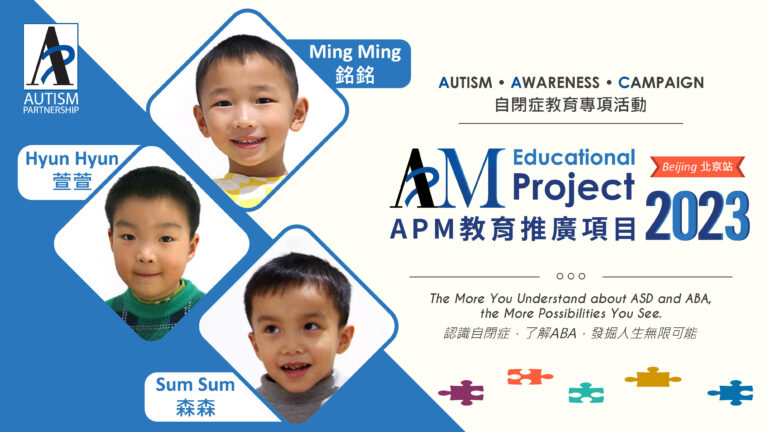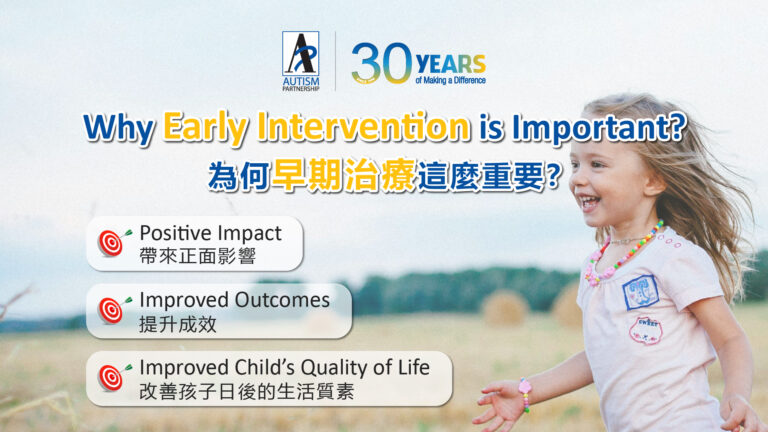
I believe many parents will find the below scenario not uncommon:
My child has injured himself/herself and the wound started to bleed. The moment we put the Band-Aid on his/her wound, he/she would rip it off straight away. No matter how hard we have tried, my child refused to have the Band-Aid or anything on his/her body. If we insisted, he/she would throw a tantrum.

Children with ASD often exhibit rigid behaviors. They have their own rituals and routines. They won’t settle and will be upset if these rituals are broken. No matter how their parents have explained the issue to them, even when they comprehend it, they won’t accept it.
In fact, many parents thought their children would have learnt their lessons from the previous incident of similar or same issue; and they thought their child would understand more and more, and their reaction would be less intense over time. Yet, instead of being calm, their reaction seemed to be intensified and giving them a pre-talk in advance seemed not effective.

To increase their tolerance, parents can practice the following activities with their child:
Tips:
The above is an example scenario to help increase your child’s tolerance in a particular matter. If your child has got other tolerance problems in other areas, such as hates brushing his/her teeth, is a picky eater, same principles apply with training his/her tolerance skills.
Please be mindful that we need to be analytical enough to know which issue the child is rigid about, eg. he refuses to brush his teeth can be because he hates things in his month or watery feeling on chin, or the taste of the toothpaste. After finding out the particular issue, we can provide ample practice opportunities and systematically adjust the difficulty of the tasks to train the child’s tolerance skills.

Every little life is a special present for a family. From the time a baby is born, parents journey through lots of highs and lows, wishing for their child to grow up with a big smile, make great friends, find their own way in a job they love, and create a happy family. However, for […]

Autism Spectrum disorder can be diagnosed as early as 18 months. Research shows strong evidence on how effective Applied Behavior Analysis (ABA) can help children with Autism. It helps to deal with children’s challenging behaviors such as inattention, aggression, self-stimulation, etc. Howard, et al (2005) conducted a study to compare the effectiveness of 3 treatment […]

In today’s society where information flows freely, parents can easily receive different messages. However, these messages are often debatable or even wrong. Believing wrong information can easily lead to misguided choices and delay treatment, the consequences of which may last a lifetime. When conducting one-on-one consultations with parents, I often hear the following misguided views […]
Please share to let more people learn about ASD and ABA therapy:
AP holds the belief that with quality Autism Partnership Method (APM) treatment, individuals with autism should reach their fullest potential and achieve the greatest degree of independence and highest quality of life possible.

Sign up now to get ABA and Autism related news delivered to your inbox. Enter your email to get started
Hong Kong Center
Kowloon Center

All information received will always remain confidential. We will contact you as soon as we review your message. Thanks